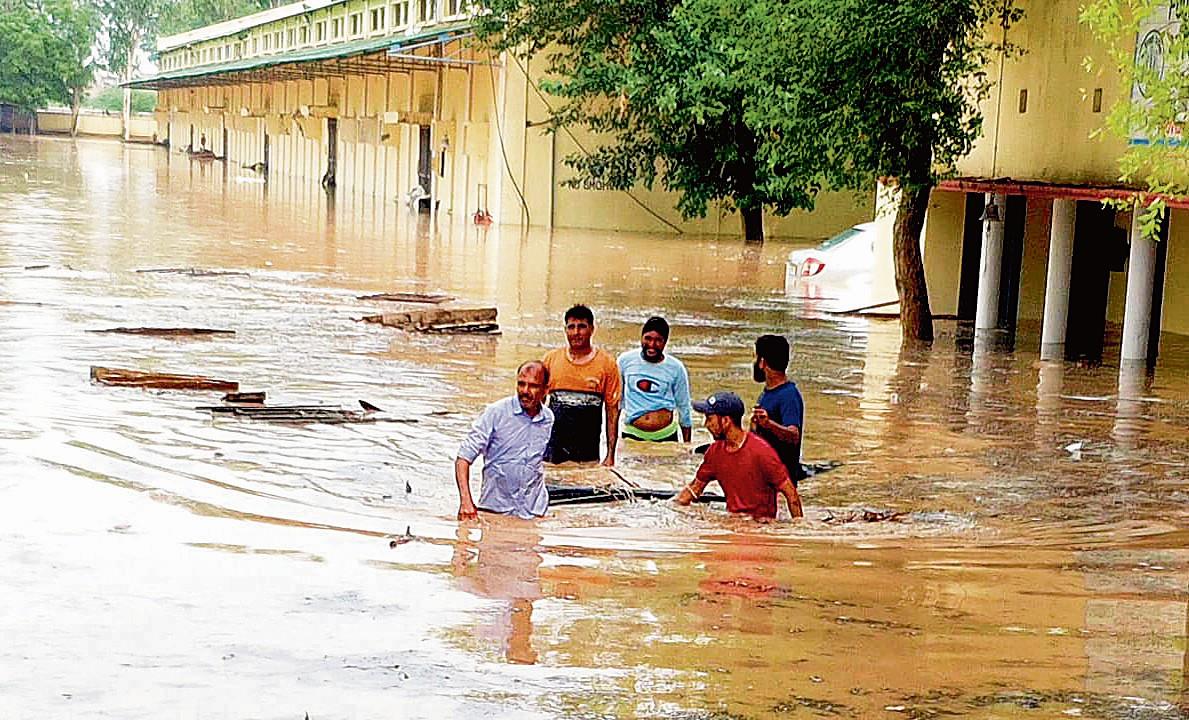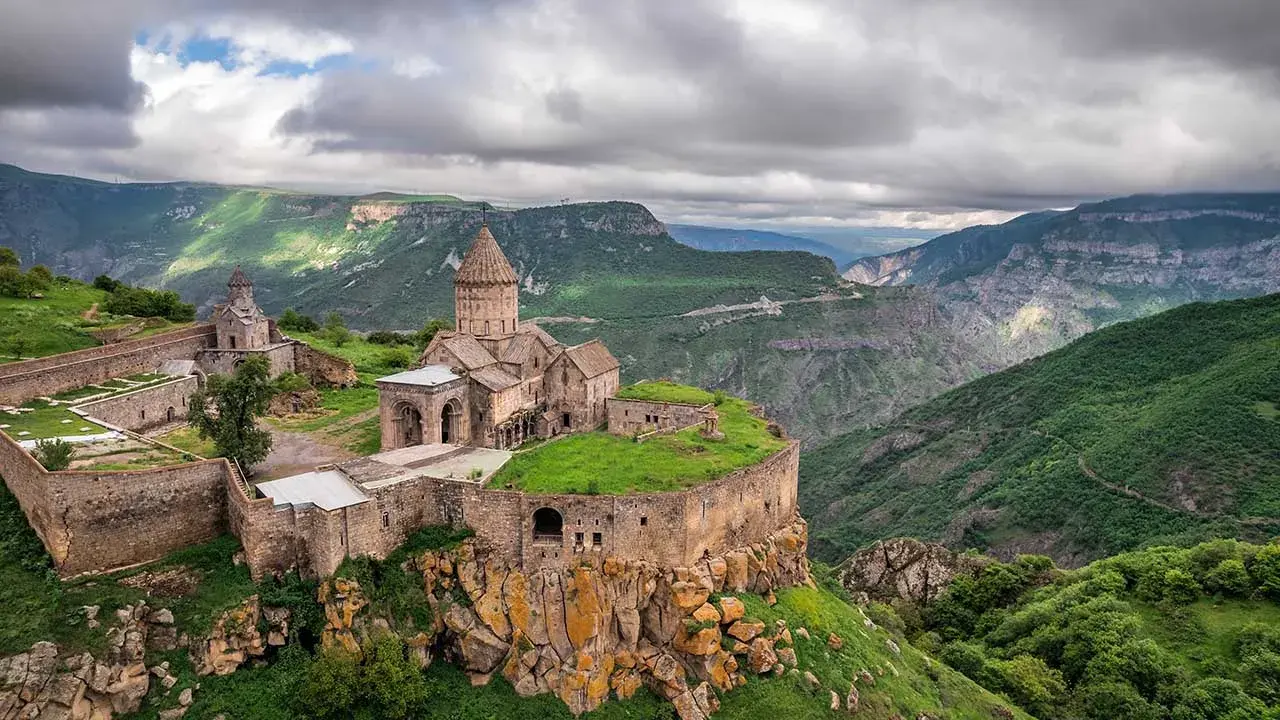It is learnt that 70 lakh metric tonnes of rice and same quantity of wheat is stored in the FCI’s godowns in the state. The maximum damage has been reported in Morinda, Ropar, Sardulgarh and Kotkapura.
Chandigarh: Hundreds of tonnes of rice stored in the Food Corporation of India’s godowns in Punjab has been damaged due to the flooding, a special report by Ruchika M. Khanna in The Tribune, Chandigarh, says.
Wet wheat stocked in the godowns can be dried, rice gets completely damaged, sources said.
It’s learnt that 70 lakh metric tonnes of rice and same quantity of wheat is stored in the FCI’s godowns in the state. The maximum damage has been reported in Morinda, Ropar, Sardulgarh and Kotkapura.
B Srinivasan, General Manager, Food Corporation of India, Punjab, said, “We are still examining the stocks in these godowns. We will soon come to know the exact extent of damage.”
Around 90 per cent of the stock was procured in the last two procurement seasons (kharif and rabi).
Officials in the Food Corporation of India said they were dispatching the stock to the recipient states from Punjab. Around eight rakes of foodgrain are leaving the state daily.
Even foodgrains in godowns of the four state procurement agencies had suffered damage. A report prepared by the Food and Supply Department shows that the rainwater entered the godowns of the Punjab Warehousing Corporation in Morinda, Sangrur and Faridkot.
Floodwater also entered the Markfed’s godowns in Patiala, Faridkot and Ropar. Similarly, stocks in godowns of the Punsup in Jandiala and of the Pungrain in Fatehgarh Sahib and Mohali also got wet.
3-foot sand in fields, race against time by farmers to resow paddy
Another report says the swollen Ghaggar in Patiala district has left the fields unfit for sowing crops due to sand deposits.
Thousands of acres in the villages along the Ghaggar, Tangri and Badi Nadi have up to 3-ft sand deposits, which makes it impossible to grow crops.
Labourers refuse to enter fields
I am removing sand from half acre daily. I was ready to pay extra money to labourers to resow the paddy saplings again, but they refused to enter the fields. Bhupinder Singh, a farmer
He said, “I was ready to pay extra bucks to labourers to sow the paddy saplings again, but they refused to enter the fields. The showers have made matters worse.”
Gurdeep Singh of Untsar village said, “Firstly, we need to remove a huge quantity of sand from the fields. Secondly, we need to figure out where to throw it. Farmers are unsure of the yield of the crops sown at this moment.”
He said, “No financial assistance has been announced by the government so far. The water has entered our fields twice in the last 10 days.”
Agriculture experts said consumption of fertilisers and pesticides would increase due to the sand deposits.
*******************************************************
Readers
These are extraordinary times. All of us have to rely on high-impact, trustworthy journalism. And this is especially true of the Indian Diaspora. Members of the Indian community overseas cannot be fed with inaccurate news.
Pravasi Samwad is a venture that has no shareholders. It is the result of an impassioned initiative of a handful of Indian journalists spread around the world. We have taken the small step forward with the pledge to provide news with accuracy, free from political and commercial influence. Our aim is to keep you, our readers, informed about developments at ‘home’ and across the world that affect you.
Please help us to keep our journalism independent and free.
In these difficult times, to run a news website requires finances. While every contribution, big or small, will makes a difference, we request our readers to put us in touch with advertisers worldwide. It will be a great help.
For more information: pravasisamwad00@gmail.com








